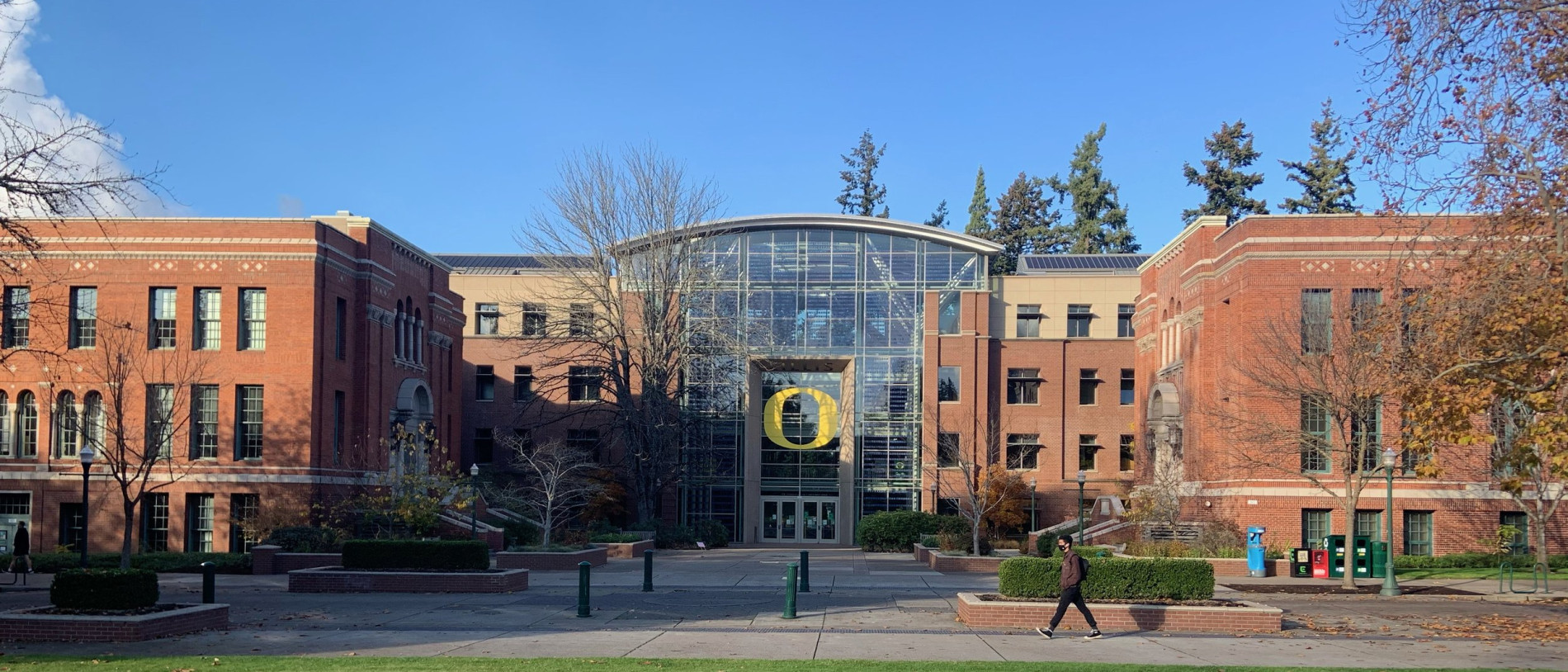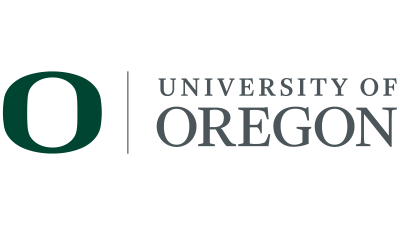

University of Oregon
Data Science
Study detals
: Bachelor's degree : Data Science BA/BS : Full time : 48 MonthRequirements
- English entry - TOEFL 88+ (IELTS 7.0)
- GPA entry - 3.0 GPA or equivalent
Speciality
If your English and / or academic level is lower than what you see above, please contact us. We will do everything we can to find you a great path to university.
Additional information
Degree Overview
STEM-classified degree: graduates are eligible for 3 years of Optional Practical Training (OPT) in the USA. This degree is offered by the School of Computer and Data Sciences. State-of-the-art facilities and resources include high-performance computing clusters and extensive datasets. Students explore and analyze real-world problems through collaboration with industry.
About the major
The volume, rate, and importance of data is growing exponentially, with more data being created in the past two years than in all history combined. At the University of Oregon we’re bringing our strengths as a liberal arts university to the field – to not only ask what can we do with data – but what should we do.
As a data science major at the UO, you will learn key computational, statistical, and inferential data science skills side-by-side with applied knowledge in one of 10 different areas: accounting analytics, biology, earth science, economics, geography, linguistics, marketing analytics, music technology, physics, and sociology. Our unique interdisciplinary program teaches you how to extract knowledge and insight from data, empowering you to make decisions earlier, faster, better. When you graduate, your understanding of applied data science techniques, framed within the liberal arts, will help launch you directly into the workforce.
A little more info
- All data science students will take an introductory two-course sequence in data science as well as courses in computer science, mathematics, probability and statistics, and machine learning.
- After these introductory courses, students will add their domain area courses, providing context to their quantitative work.
- Available domain emphases include: accounting analytics, biology, earth science, economics, geography, linguistics, marketing analytics, music technology, physics, and sociology.
- Internship opportunities offer students first-hand experience applying their skills to industry, and provide key networking possibilities.
- Students will be well prepared for advanced degrees that increasingly require quantitative and computational skills.